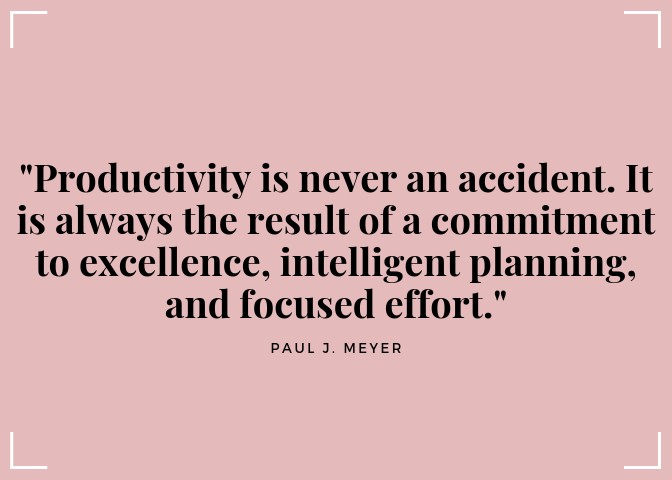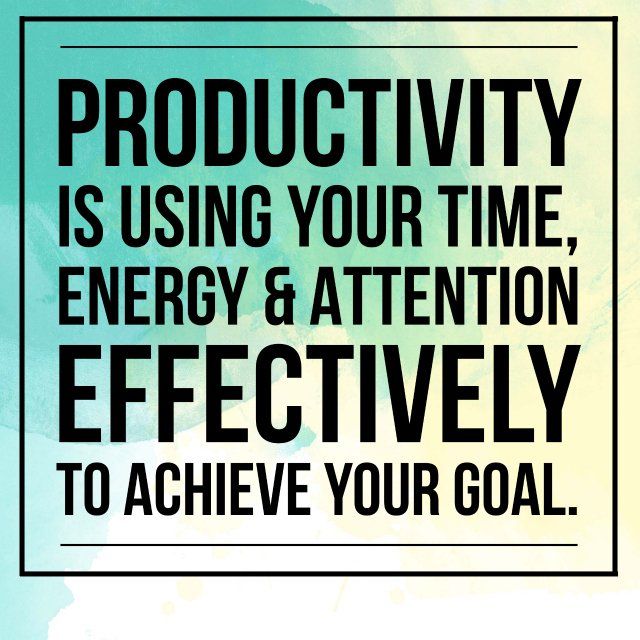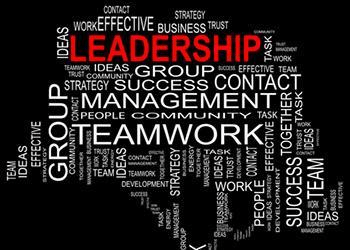Act Out of Knowledge

While enjoying a celebration lunch with a client recently, I heard some heartbreaking news. My client recently attended a workshop hosted by a secular organization in which she was one of the only representatives from the faith-based sector. During the workshop the presenter referred to the lack of professionalism and follow-through of faith-based organizations she had worked with in the past. She even went as far as to say the specific names of the ministries and recommended that attendees not work with these ministries. This weighed heavy on my heart and the heart of my client! What a tragedy it is to hear secular organizations speak so negatively about their faith-based counterparts. Even more tragic is the fact that her comments were likely well-founded.
My client, whose ministry recently completed capacity-building services with GrantPathways, continued to express her concern about how faith-based organizations are often not taken seriously in the community by stakeholders, donors and funders due to a lack of non-profit business development and professionalism. While their hearts and souls are devoted to their work, without this business foundation, many will fail to meet their goals. This not only affects the reputation of their ministry, but the reputation of other ministries, the Body of Christ and the church as a whole. While we continued to discuss the causes and solutions of this issue and many other political issues, some basic insights came to light:
- The Scripture tells us that we should “act out of knowledge” (Proverbs 13:16); gain wisdom and understanding (Proverbs 2:2); and plan and estimate the cost of building something so that people will not ridicule us if we are unable to finish what we started (Luke 14:28-32). Leaders who are starting faith-based ministries should take time to seriously learn and plan before they start to build.
- As Christians, we should endeavor to operate ministries and businesses with excellence. The eyes of the world are upon us. Faith-based ministries should endeavor to be shining examples of non-profit business excellence and outstanding, high-impact services.
- With all of the current political turmoil and funding cuts for social services, this could be the church’s finest hour! Faith-based ministries who are able to combine strong business practices with services centered around strong Biblical principles will have amazing opportunities to transform individual lives and entire communities.
- Leaders of faith-based organizations should be sure to spend time and money to develop their organizational capacity. At a minimum, they should read and study all they can find about such topics as organizational capacity building, best practices and organizational sustainability. A simple Google search of these terms will lead to a plethora of websites that can help. If at all possible, they should seek funders, donors and consultants to help them build their capacity.
- Donors and funders of faith-based organizations should be giving towards capacity-building activities for faith-based organizations. These small, but dedicated organizations are filled with some of the most passionate and determined people in the “social service” field. With a little professional coaching and instruction, these people have the ability to create outstanding programs with powerful life-changing outcomes.
GrantPathways’ staff strives to provide faith-based organizations with valuable knowledge to help them grow and sustain well into the future. We would love nothing more than to hear community leaders always speak of faith-based agencies as models of excellence! What a great day it will be to hear people in secular settings and workshops recommending attendees to work with faith-based organizations!




#PathwaysToGrowth
All Rights Reserved | Pathways To Growth







